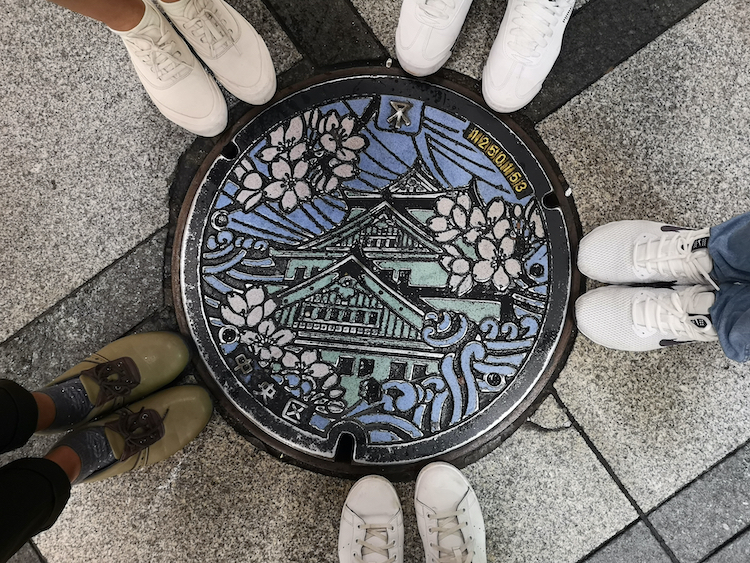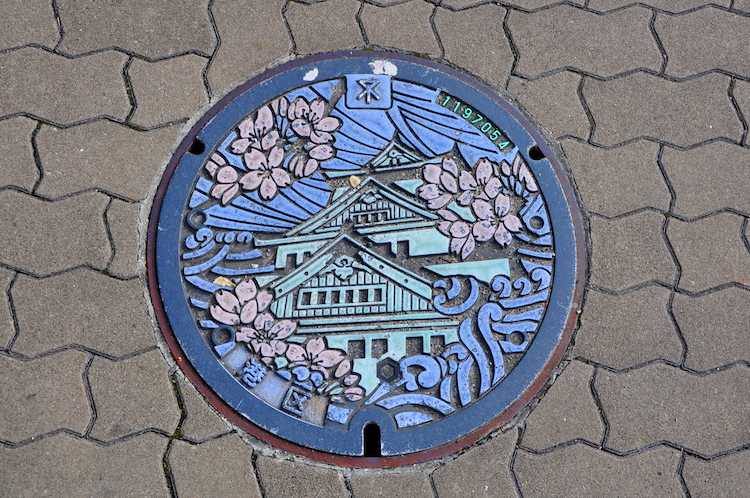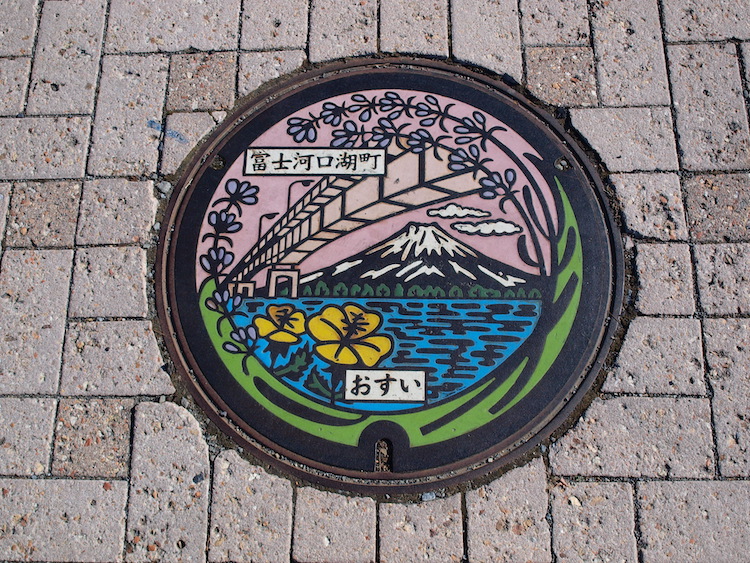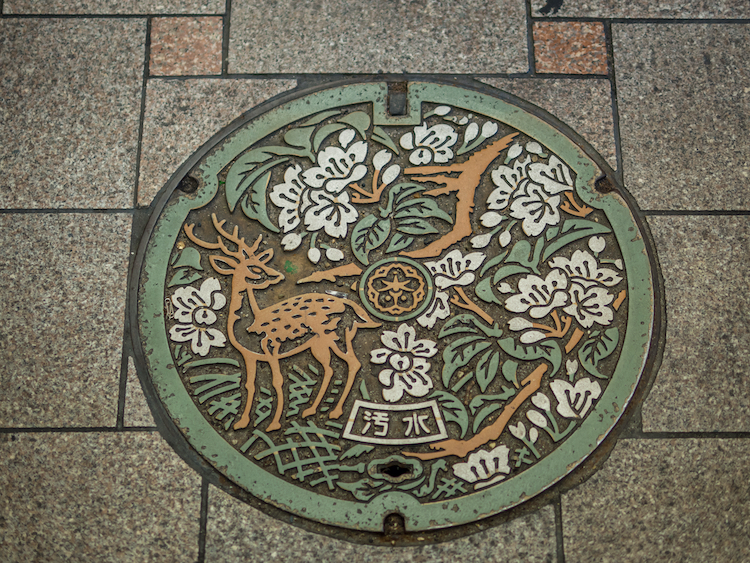Photo:Stock Photosfrom princessnuch145/Shutterstock
Fromorigamitowabi-sabi ceramics, Japan is home to many world-renowned arts and crafts.
However, theres one particular Japanese art form that you may not have heard ofdecorative manhole covers.
All across the country, thousands of municipalities transform the removable metal plates into works of art.

Photo:Stock Photosfrom princessnuch145/Shutterstock
For most people, ordinary manhole covers arent anything extraordinary.
However, for people in Japan, theyre significant cultural canvases.
The tradition began in the 1980s in a bid to encourage local tourism.

Photo:Stock Photosfrom Piu_Piu/Shutterstock
Each eye-catching design depicts the culture of the particular area it’s found in.
And theres even aJapanese Manhole Cover Festivalin Tokyo that celebrates the craft.
Popular manhole covers include one in Fuji city, Shizuoka prefecture, featuring a colorful illustration of Mount Fuji.

Photo:Stock Photosfrom MrNovel/Shutterstock
And theres another in Hyogo prefecture adorned with the beautiful Himeji Castlecastle of Himeji city.
Recently though, the traditional art of decorative manhole covers has been given a contemporary twist.
In some Japanese towns, youll now see Pokemon characters decorating the streets.

Photo:Stock Photosfrom MKunpot/Shutterstock
Called Pokefuta in Japanese or Poke Lids in English, there are now 167 Pokemon designs across 15 prefectures.
Each area has manhole covers with different Pocket Monsters that represent their culture or physical qualities.
In the Iwate Prefecture, youll find rock-pop in Pokemon characters such as Geodude and Onix.

Photo:Stock Photosfrom dekitateyo/Shutterstock
This is becauseiwameans rocks in Japanese.
In Miyazaki, the city is now represented by Exeggutor, the Pokemon that resembles a palm tree.
This is in reference to the areas tropical climate.
And if youre aPokemon Gofan, these colorful manhole covers double as Pokestops in the game.